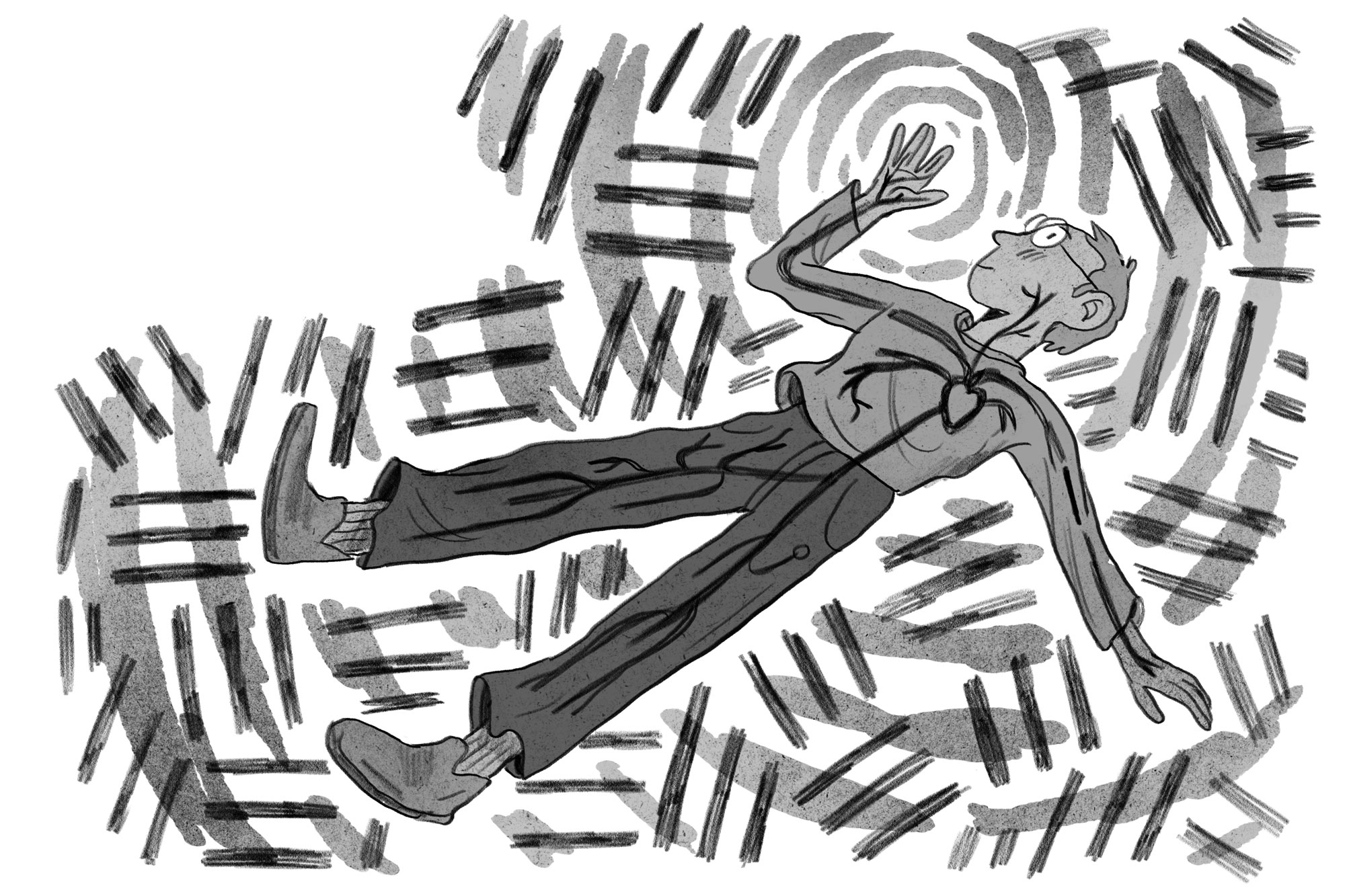

Steve Orfield is the president of Orfield Laboratories. Here’s his tale from the field as told to Eleanor Cummins.
After college, in 1969, I worked as a salesperson in the office-furniture industry and sold a cubicle marketed as having “speech privacy.” It didn’t work—people could overhear each other—but nobody knew why the design failed, or how to fix it. A couple of years later, in Minneapolis, I founded what’s now Orfield Laboratories, a multisensory research center, to tackle problems like these.
We can test everything from consumer response to the sound of a Harley-Davidson motorcycle to how lights in retirement homes affect elderly residents’ cognitive functioning. But the lab is best known for its anechoic chamber: a room that is completely void of reverberations. It absorbs 100 percent of sound waves at specific frequencies, so you can understand exactly what noise a product will make, free from any interference. It’s a six-sided box made of 4-inch-thick insulated steel panels. Every surface is then covered in fiberglass wedges that are 3.2 feet deep. The whole system floats independently on springs. That structure is then enclosed twice, including by a layer of 12-inch-thick concrete.
Most such chambers around today are about 30 decibels, similar to a quiet bedroom. Ours averages at about negative 13. That means any sound waves still present in the space are far below what most human ears can perceive.
People come from all over to tour our facility and step into the chamber. It’s sort of like being an astronaut or a submariner. With the lights out, you can’t orient yourself in space because you can’t see or hear. Folks stand still, and some even fall over. Within 10 minutes, your ears start buzzing, and after 30, you can hear your heart beating and your joints rubbing against each other. I don’t go in often. I have a mechanical heart valve, and I can’t stand the whirl of its machinelike clicks for too long.
This story originally published in the Noise Winter 2019 issue of Popular Science.
